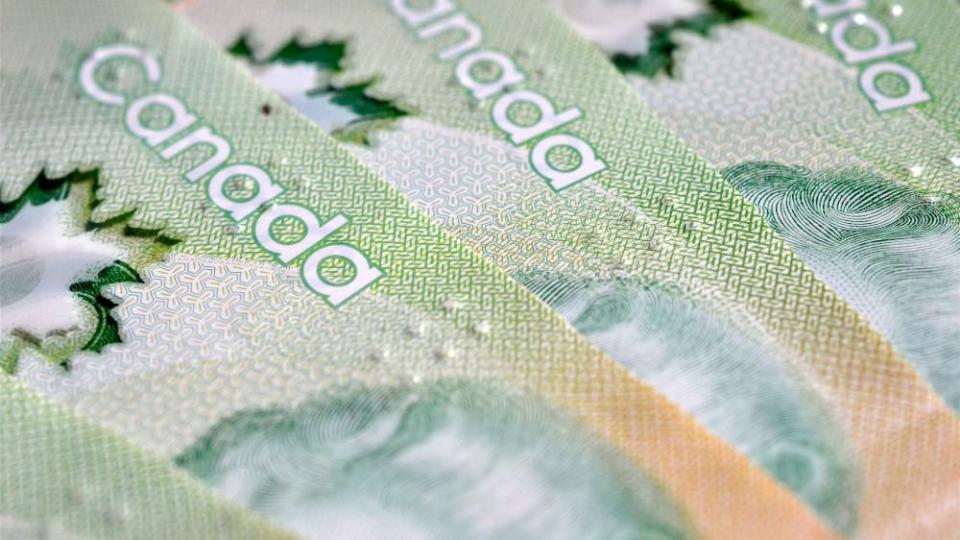Canada Revenue Agency: Continue to Pay ZERO in TFSA Tax in 2020

The Tax-Free Savings Account (TFSA) remains the undisputed investment vehicle for money growth. There’s no need to exert effort in tax planning. If you manage the account correctly, you will continue to pay “zero” in TFSA tax in the 2020 tax year.
100% tax-free product
The contributions you make and the earnings you derive from your TFSA have no income impact or tax load whenever you withdraw them. The TFSA is a forthright, 100% tax-free product.
Your TFSA annual contribution fluctuates every year. The Canada Revenue Agency (CRA) did not change the limit in 2020 but maintained the $6,000 TSFA limit from last year. The total contribution room available to those who have never contributed, but are eligible as its inception has increased to $69,500.
Aside from allowing you to contribute any unused amounts from previous years, you can also contribute to your spouse’s TFSA, provided you don’t exceed the total contribution limits.
Avoid overpayments
If you want to maintain a tax-free status, avoid overpayments in your TFSA. For example, let’s say you deposit the maximum of $6,000 in June 2019, then withdraw $2,000 to spend for a particular purchase in September, and you repay $1,000 in November. Your 2019 contribution is $7,000, and the $1,000 overpayment is taxable.
Confusion among TFSA users usually leads to overpayment. To avoid incurring a tax penalty due to excess contribution, you should skip the November repayment and instead deposit the amount in 2020 when the new contribution limit is available.
No frequent trading
The creation of the TFSA was primarily to incentivize Canadians to save for the future. As all capital gains, dividends, and interest earnings are tax-free, the temptation to trade stocks for more profit is hard to resist.
The CRA conduct an audit and reviews the frequency of transactions as well as the holding period. Always remember that the TFSA tax rules are specific.
You’re not allowed to use your TFSA to earn profits from the buying and selling of stocks. Otherwise, the CRA will treat your gains as taxable business income.
Buy-and-hold stock
Stick to the CRA rules to maximize the tax benefits of the TFSA and avoid paying taxes at all. Smart users invest in buy-and-hold stocks like Enbridge (TSX:ENB)(NYSE:ENB) to be worry-free forever.
Enbridge is a top-tier midstream company in North America. This $105 billion oil and gas infrastructure company has a high credit rating, if not the highest, in the midstream industry. After successfully deleveraging in the recent past, the company has more flexibility for growth at present.
This energy giant has 25 years of consecutive annual dividend growth, and its latest gift to shareholders was a 10% dividend increase on year-end 2019.
Enbridge is a low-risk investment, as it virtually operates in a regulated monopoly. Its long distance pipelines transport oil and gas from the gathering point to end-users.
Enbridge is a transporter, not an oil producer, and therefore has no direct exposure to erratic commodity prices. Revenue will drop only during periods when oil prices are depressed and production is curtailed. Otherwise, the business keeps growing.
Lifelong earnings
Barring any mistakes, your TFSA can be tax-free all the way. However, it works best with the right investment. With $100,000 and Enbridge’s 3.24% dividend, you are in a position to receive $3,240 in lifelong annual tax-free earnings.
More reading
Canada Revenue Agency: 1 Big Change to Watch Out for in 2020
CPP Pension Users: Is 60 or 70 the Ideal Age to Take Your CPP?
Fool contributor Christopher Liew has no position in any of the stocks mentioned. The Motley Fool owns shares of and recommends Enbridge.
The Motley Fool’s purpose is to help the world invest, better. Click here now for your free subscription to Take Stock, The Motley Fool Canada’s free investing newsletter. Packed with stock ideas and investing advice, it is essential reading for anyone looking to build and grow their wealth in the years ahead. Motley Fool Canada 2020

 Yahoo Finance
Yahoo Finance 